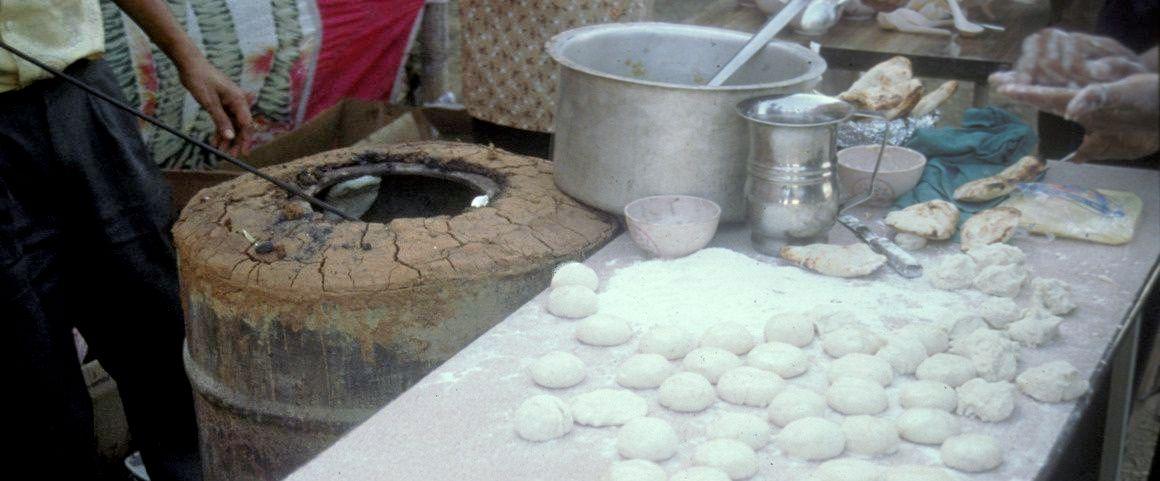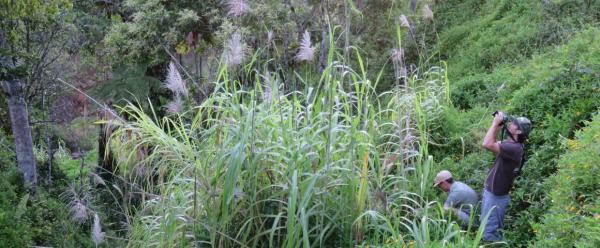Just out 27 October 2025
- Home
- Press area
- Press releases
- Controlling global food price rises
Crises and food security: how can we control global food price rises?

Preparing wheat flatbreads in northeastern India (archive image) © G. Trébuil, CIRAD
On international markets, prices of grains, such as wheat and maize, and vegetable oils (rapeseed, sunflower, soybean, palm) have been rising since mid-2020. On the eve of the war in Ukraine, in February 2022, prices had already almost doubled compared to the first half of 2020, due to rocketing fossil fuel (oil and natural gas) prices. As Franck Galtier observes, the war in Ukraine has merely exacerbated that already upward trend.
According to the author of this first Perspective in the "Crises and food security" series, biofuels have played a major role in pushing up prices. "Biofuels in fact link the price of these commodities to that of crude oil: when the crude oil price rises, the biofuels industry increases its demand for maize and vegetable oils." As a result, the author suggests temporary restrictions on this industrial use, to reduce prices.
Were the crisis to spread to rice prices, which are currently still stable, Franck Galtier suggests that one solution would be to authorize Japan to export the rice stock it has built up under World Trade Organization (WTO) rules.
To prevent future crises, these two levers could be triggered as soon as world prices of these commodities reach predetermined levels. "The keys to these two levers are largely in the hands of the United States and the European Union. To ensure their long-term use, commitments could be formalized by a WTO agreement", the economist concludes.
Download the issue - https://doi.org/10.19182/perspective/36954
About the author
Franck Galtier is an economist at CIRAD in the MoISA (Montpellier Interdisciplinary Center on Sustainable Agri-food Systems) Joint Research Unit. His research focuses on markets, crises and food policies. In recent years, he has undertaken extensive research on the management of price instability and food reserves.
How do scientists address the different types of crises and their local repercussions for food security? What solutions do they suggest? These questions will fuel a series of articles on crisis and food security in the CIRAD policy brief, Perspective. In Perspective, scientific writers provide food for thought and action on issues of strategic importance for countries in the global South, in the light of global issues and of their expertise. This new series comprises analyses that shed light on current issues, with recommendations for decision makers as regards levers for action.
All issues of Perspective



























